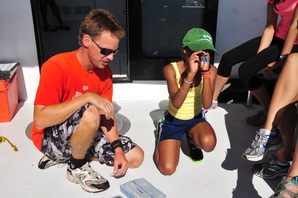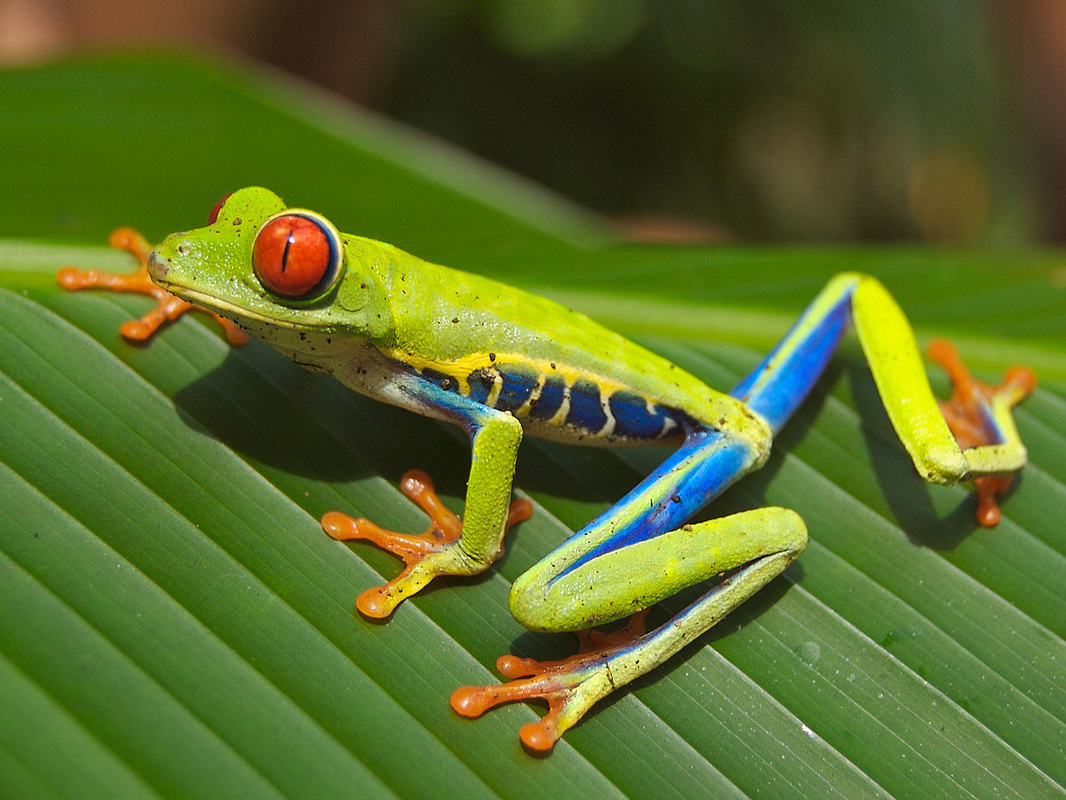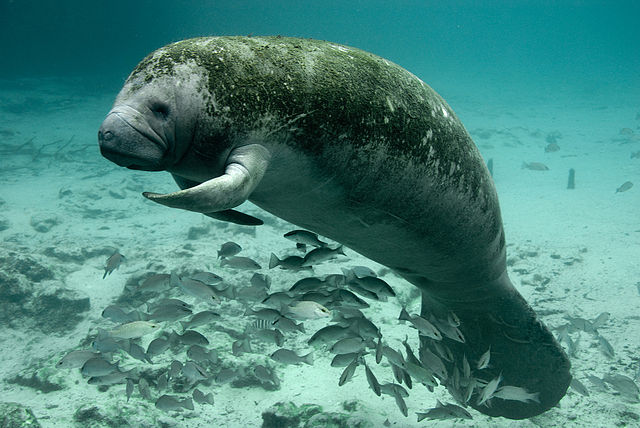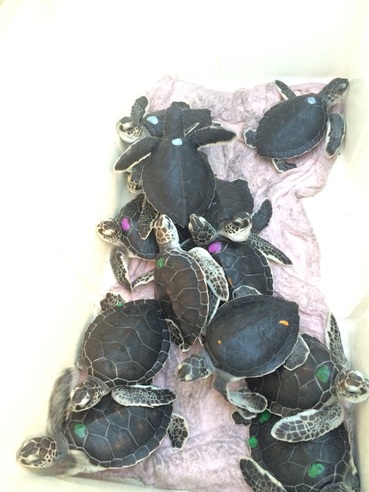0 Comments
People who care about amphibians (and we sure do) have been very worried in recent years, and for good reason.
Since the late 1980s, amphibian populations have undergone dramatic declines, including mass die-offs and local extinctions on an unprecedented scale. More than 30% of global amphibian species are listed as "threatened" by the International Union for the Conservation of Nature (IUCN) red list, and that's not counting the many species about which we don't have adequate data. Scientists have been struggling to explain these population declines, which probably result from a combination of factors, including habitat loss, pollution (including in particular endocrine-disrupting pollution), changing global climate, invasive and introduced species, and the loss of ozone layer protection (UV radiation turns out to be very bad for the skin, eyes, and eggs of amphibians). But we know for a fact that there's one more major threat to amphibians: disease, particularly that caused by the chytrid fungus. As a result of population increases, habitat protection, and reduction of threat from humans, West Indian Manatee populations have begun to rebound. US FWS is proposing the downlisting of the West Indian Manatee to "threatened" rather than "endangered" under the US Endangered Species Act. The Fish and WIldlife Service reports that this reclassification will not change existing protection for manatees.
While we aren't sure this reclassification is yet warranted (and neither is the Save the Manatee Club, who have argued against reclassification in the past), we are delighted about recent gains for West Indian manatees, whose population is presently estimated at 6,300 in Florida (13,000 globally). When aerial surveys of manatee populations began in 1991, there were only an estimated 1,267 manatees in Florida--meaning that in 25 years the population has increased 500 percent. We'd love to see further recovery, as manatee numbers are still low, but the evidence suggests that human attempts to protect manatee populations are succeeding, in spite of worrisome disease outbreaks and red tide events in recent years. If you'd like to learn more about West Indian Manatees, you can read some valuable background here. You can also read the FWS finding recommending downlisting and supporting information by going here and entering Docket Number FWS-R4-ES-2015-0178. Public comments on this proposal are open until April 7, 2016, and you can find more details about submitting a comment by reading the FWS news release on the proposed change here. They're on their way to a 2016 full of freedom, adventure, trying not to get eaten, and the beautiful waters of the Bahamas, on the same boat that's taking our Director of Field Research, Christian Pankow, to spend the beginning of 2016 on a research cruise studying Tiger Sharks!
|
Field Notes
Archives
July 2021
Categories |
|
Partner with us! We are always looking for new schools, scientists, and non-profit organizations to partner with. Please contact us here to start a conversation.
Hear from us! Sign up for our newsletter to hear about what is happening at Field School as well as upcoming offers and specials. |





 RSS Feed
RSS Feed